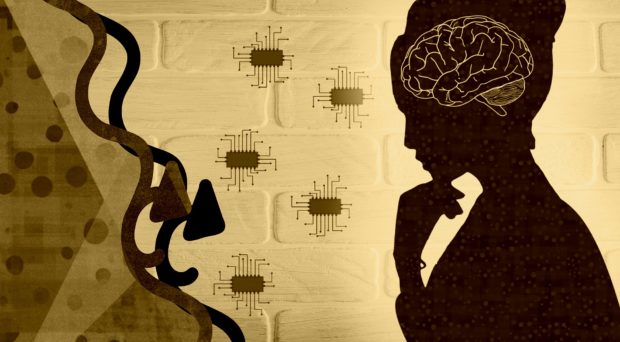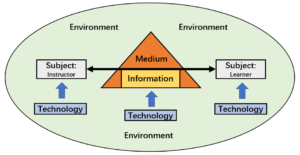
The application of AI in STEM
Artificial intelligence in education (AIEd) is an emerging interdisciplinary field that applies artificial intelligence (AI) technologies in education to promote instructional and learning processes, especially in science, technology, engineering, and mathematics education (STEM education). As a sub-branch of AIEd, the application of AI in STEM education is referred to AI-STEM. Read the full review here.
Multiple AI technologies, such as intelligence tutoring, automated assessment, data mining and learning analytics, have been used in STEM education to enhance instruction and learning quality. However, the application of AI in STEM education is confronted with the challenge of integrating diverse AI techniques in complex educational contexts.
Since STEM education is a complex system, from a system perspective, consisting of interdependent elements, including subject, information, medium, and environment. The application of AI, as a critical technology element, should take careful consideration of these complex factors, to achieve a high-quality STEM education.

Increasing trend of AI applications in STEM education
Grounded upon a general system theory (GST) framework, we reviewed the empirical AI-STEM studies from 2011 to 2021. Specifically, we examined the different elements, including AI technology, subject, information, medium, environment in the AI-STEM system as well as the educational and technological effects of AI in STEM education.
We found a gradually increasing trend of AI applications in STEM education in the past decade. Furthermore, six categories of AI applications were located, namely learning prediction, intelligent tutoring system, student behavior detection, automation, educational robots, and others (i.e., AI textbook, group formation).
We further showed the distribution relationships of the AI application categories with other elements (i.e., information, subject, medium, environment) in AI-STEM system to gain a holistic understanding of the application and integration of AI technologies in the STEM education contexts.
The potential of AI technology for STEM
Moreover, the AI applications are beneficial for fostering students’ learning performance, motivation, and cognitive thinking in STEM education. In addition, most of the reviewed articles reported a good efficiency and algorithm accuracy when applying AI in STEM education.
Overall, the potential of AI technology for enhancing STEM education is ground to be further explored together with studies aimed at investigating the integration of technology and educational system.
Comments